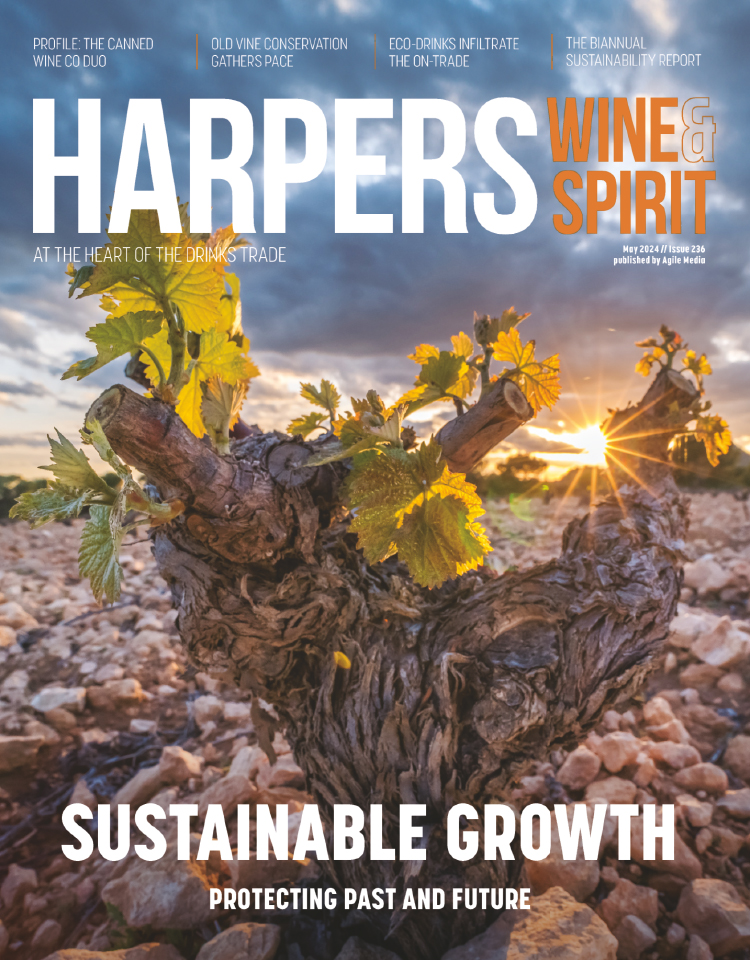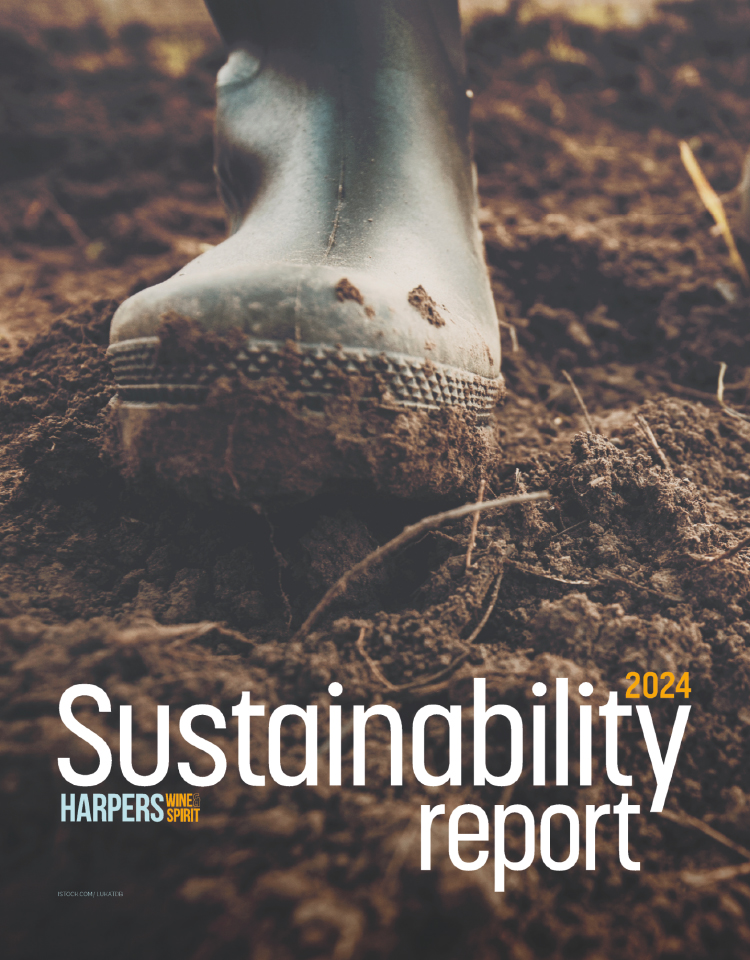
Damien Wilson: five key lessons to be learnt from Wine Vision
Last month's Wine Vision event in London was a blur of wine sector celebrities, real-time market data, and strategic seeding of experts from other successful fields of business.
Last month's Wine Vision event in London was a blur of wine sector celebrities, real-time market data, and strategic seeding of experts from other successful fields of business.
Inviting Judy Leissner, from China's best wine producer, Grace Vineyards, and Debra Meiburg MW from Hong Kong did more than just keep the crowd interested.
Robert Joseph's call to arms getting some traction, and the data delight from Tesco's Dan Jago were just some of the ways that Wine Vision was set up to give wine businesses the concentrated shot of market information that they were all looking for. Critics may argue on what wine vision isn't, but there is little criticism possible for what was provided over the three days.
1 Wine producers are starting to get the hang of social media
The overwhelming response from presenters on the topic was that the wine sector is generally poor at anything digital. Alex Myers, of digital agency, Manifest, that look after BrewDog, summed-up the prevailing attitude beautifully when he asked the audience "since when has a boardroom decided not to do something because none of their competitors were doing it".
Ironically, at that moment just about every wine business head in the audience looked up from their smart devices and paid due attention to the message. It's starting to happen, but it's a long road.
2 The wine sector needs an attitude adjustment
It's all good and well to want to drink great wines, and to be able to wax-lyrical about the sunshine hours that a certain harvest experienced in order to create the vinous nectar in your glass.
However, a patent consensus among the key-note presenters and subsequent discussions was that the only growth coming in the wine market is from segments of new consumers... and they have no idea what the first sentence of this point was about.
When wine retail luminaries continually apologise for having to produce wine styles that are growing rapidly and profitably, there is something clearly wrong with the perception we have for our future in wine business.
3 Broadcasting a lot, and listening little isn't going to work
Although few claimed that the wine sector communicates well, there were frequent references to the capacity of many producers to make noise instead of communicating messages.
Numerous references were made to emails being ignored, feedback being overlooked, and a 'head-in-the-sand' response used as an argument in fear of negative press being diffused on producers.
Tellingly, when advertising guru, Stephen Woodford of the Lexis agency opened his presentation with a statement that in his 30 years of advertising, he's never had to think of a wine brand, it's clear that nobody is listening to wine except itself. Perhaps it's time to try another approach
4 There is no shortage of information for anyone looking for it
Dan Jago's presentation on the insights derived from Tesco's Club Card has to get the award for openness in information diffusion. Attendees also got insights into an incredibly diverse range of topics from the macro-economic outlook; luxury and commercial brand building; wine tourism success and traps; how to sell wine on-line in China; to guard against wine spoilage in India; and to watch South Africa's social network on Mothers Day.
If you arrived wondering what you needed to do, if you left feeling the same way (please refer to point three).
5 We're at risk of killing the (red and) golden goose
China was seen as the wine sector's saviour. The opening of this market throughout the 21st century put the stars back into the eyes of Europe's flagging wine sector. But the dark side of 'gifts for lists' and various nefarious practices taking place within the wine distribution channel is putting the recent market growth in a delicate position.
What is even more of a concern is that some exporters were accused of being complicit with the practice.
There were a series of other issues raised across the event, but the lingering memory was of an audience wanting to hear these details and a commitment to wanting to improve. You can say a lot about the wine sector's struggles, but sharing of experiences and a desire to collaborate for its improvement were defining, take-away observations. May the vision continue.
* You can read Harpers.co.uk full coverage of WIne Vision in our dedicated Wine Vision area of the site by clicking here
* Dr Damien Wilson is director of the MSc programme in wine business at the Burgundy School of Business





